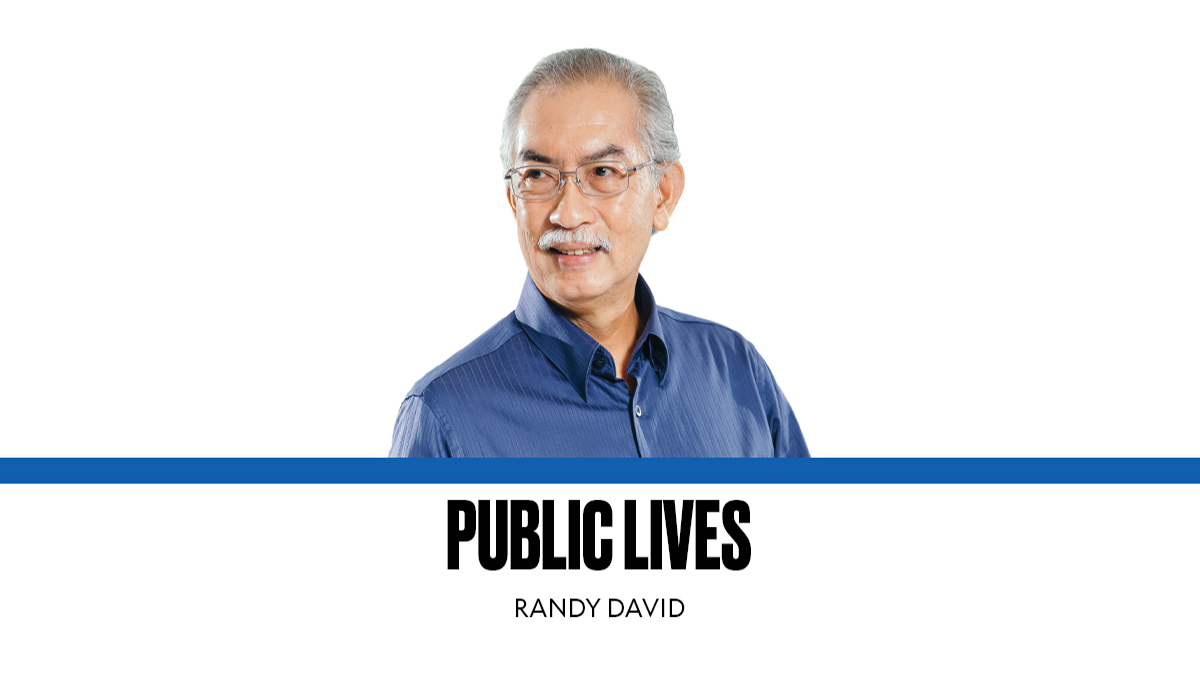
Outside my house, the yard is thick with dry mahogany leaves. They fall continuously, carpeting the entire garden, reminding me of an inescapable truth—that decay precedes death, and death awaits all living things. “But to what end?” I often catch myself asking.
The comforting message of Easter—that death is but a passage to eternal life—has not entirely soothed my anxieties about growing old. Perhaps I’ve spent too many years steeped in secular social science and philosophy, neglecting my spiritual growth. Seeking balance, I asked my brother, the Cardinal, if he could lend me one of his bibles. Without inquiring into my purpose, he gave me both the “Jerusalem Bible” and the “Little Rock Catholic Study Bible.” I interpreted this gesture as his gentle way of suggesting I might need guidance to find what I’m searching for.
Several months later, I remain a hesitant learner, having made little progress in my private biblical studies. Instead, I’ve found myself returning to familiar philosophical companions—Alexander Nehamas’ “Nietzsche: Life as Literature” and Kierkegaard’s “The Concept of Anxiety.” As one might expect, these texts frequently disrupt my attempts to grasp the transcendent meanings of the scriptures.
Beyond books, I have discovered equanimity in a simpler practice—daily walks. I used to bring binoculars, hoping to spot birds, but nowadays I prefer simply to look, letting whatever catches my attention stay with me. Certain images linger like memories that refuse to fade, quietly waiting to be understood.
One such memory was from a recent trip to Japan with my granddaughter Julia. In late March, we went to see the cherry blossoms, only to find unopened buds instead. Initially disappointed, I wrote about this experience in a previous column, (see “Looking for sakura, finding a samurai,” 3/30/25). I recalled our memorable encounter with a young Japanese man from a samurai lineage who tenderly cared for his elderly mother. This left an enduring impression on me.
Throughout that trip, Antonio Gramsci’s phrase, “The old is dying but the new cannot be born,” kept returning to my thoughts. Originally meant to describe the dangerous political transitions that give rise to authoritarianism, the phrase took on a more personal meaning. I was supposed to guide Julia through a Japan I thought I knew intimately, but soon realized she was instead guiding me, gently navigating the dissonance between my aging memory and our present journey.
This realization crystallized during breakfast one morning at the International House of Japan, a place I used to frequent as a young academic attending conferences. At the next table sat an elderly professor and his young assistant or student. The professor spoke most of the time, barely noticing that he spilled scrambled eggs on his blazer. Without interrupting the flow of conversation, the young man quietly rose, knelt beside him, and gently cleaned the spill. Their dialogue continued uninterrupted.
At once, I saw myself mirrored in that passing scene. I have always taken pride in self-reliance, rarely asking for help. Yet, there, unmistakably reflected, was a truth I must now face—that age brings with it an inevitable dependence. The moment I had long dreaded finally occurred later, as we waited for our train to Narita International Airport.
After visiting the restroom, I suddenly couldn’t find my way back. Disoriented and anxious, I went back to the toilet and retraced my steps. Each time, my effort led me either to the exit to the street or the automated ticket doors. Finally, I sought directions at the ticket counter. The language barrier and confusion compounded my anxiety until I finally surrendered and called Julia. Calm and reassuring, she quickly found me. “Sorry, I got lost,” I murmured, embarrassed. “Did we miss the train?” Her reply was gentle and comforting: “Don’t worry, Lolo. There’s another one in 10 minutes.”
On the plane home, still wondering how I got lost, and reflecting on the panic I felt at that moment, I recognized something instructive in my failure to help myself and my granddaughter’s patience and kindness. Perhaps this is what Nietzsche meant by embracing life unconditionally, or what Kierkegaard described as confronting anxiety by accepting our limitations. Perhaps transcendence begins by recognizing our humanity, acknowledging our vulnerabilities, and finding redemption not through doubt and denial but in the grace of love and care of those who succeed us.
Happy Easter, everyone!
